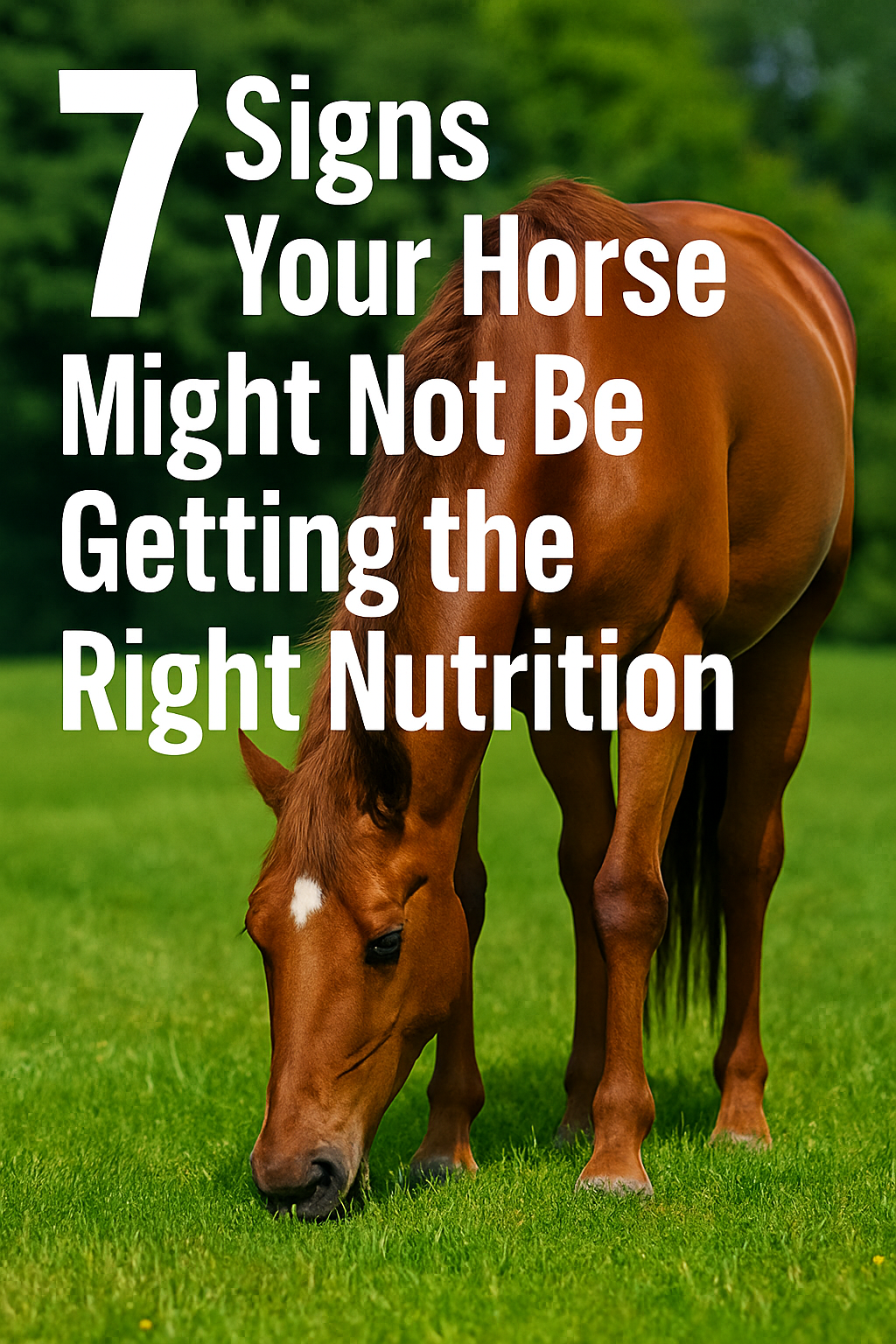3. Lethargy or “Flat” Energy
If your horse seems less forward under saddle, lacks enthusiasm for work, or generally appears sluggish, nutrition could be at the root. Horses on inadequate calorie intake—or those whose diets are high in sugar but low in slow-release energy—may not perform at their best.
This is particularly common in horses transitioning into higher workloads without corresponding adjustments to their feed program. Just as with humans, fueling exercise with the right nutrients (not just more volume) makes a difference in energy and recovery.
4. Moodiness or Increased Reactivity
While behavior is influenced by many factors—training, turnout, environment—diet plays a role too. Some horses become irritable, spooky, or sensitive when their blood sugar fluctuates due to high-starch feeds. Others may become unusually reactive if they are deficient in magnesium or certain B vitamins.
If your horse’s behavior has changed, and you’ve ruled out tack and training issues, it may be time to evaluate what’s going into their feed tub. A nutrition-related imbalance can affect the nervous system, leading to behavioral shifts that feel sudden or unexplained.
5. Poor Muscle Tone or Uneven Topline
Even with regular work, horses require the right kind of protein to maintain and build muscle. A poor topline—where the muscles along the back and hindquarters are flat or sunken—may be a clue that your horse is lacking essential amino acids.
Older horses, in particular, can struggle to maintain muscle without quality protein. Simply increasing their calorie intake won’t help if the feed lacks the components they need to rebuild tissue. Look for feeds with lysine, methionine, and threonine to support muscle development.
6. Changes in Manure or Digestion
Loose manure, gas, or increased water intake can be a red flag that the digestive system is under stress. While these issues are often related to parasites, changes in hay, or dental problems, they can also signal a diet that’s too high in sugar or too low in fiber.
Feeding too much grain, too fast, or without adequate forage can overwhelm a horse’s hindgut and lead to imbalances. On the flip side, too little digestible energy can slow motility. Pay attention to your horse’s manure consistency and gut sounds—it’s often one of the first indicators that something isn’t right inside.


Leave a Reply